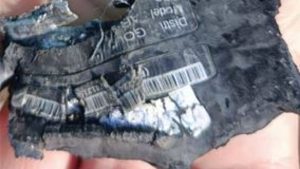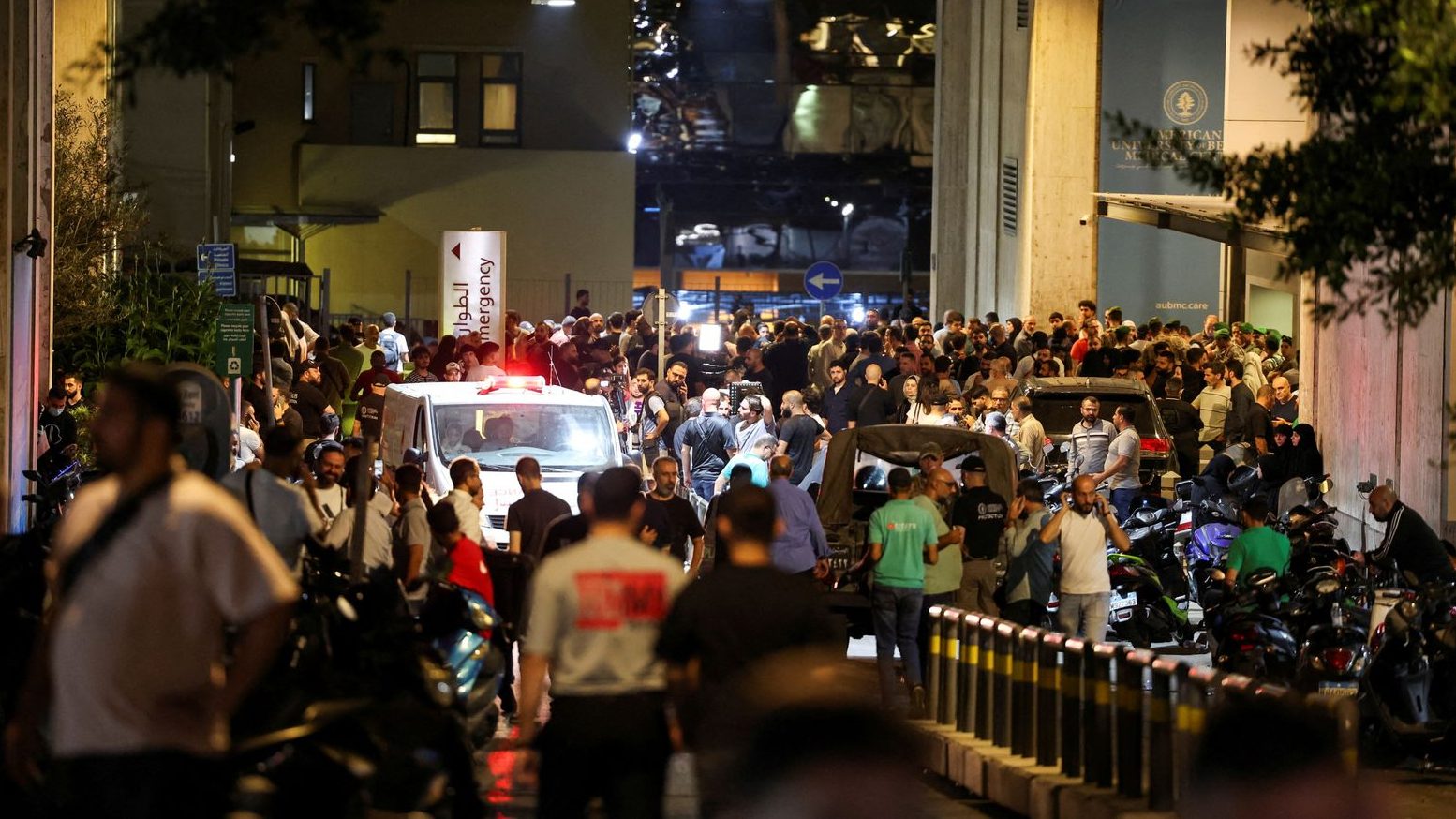In a harrowing event on September 17, 2024, Lebanon was shaken by a series of explosions that resulted in the deaths of nine people and injuries to nearly 3,000. The attacks targeted the pagers of Hezbollah members, an approach that escalates the ongoing conflict with Israel. This has not only intensified regional tensions but also drawn global attention to the increasing hostilities that could have wider repercussions.
Details of the Attack

Hezbollah, the militant group at the center of these attacks, quickly pointed fingers at Israel, blaming it for the assaults. According to reports, the explosive devices were ingeniously hidden within pagers, which are commonly used by Hezbollah for communication.
The Lebanese Information Minister condemned these actions as aggressive and unlawful. The scene captured by surveillance footage, where a seemingly mundane device next to a grocery store cashier detonates, underscores the severity and unexpected nature of the attacks.
Global and Local Reactions
The ramifications were immediate and severe. Not only did Hezbollah vow retaliation, but the incident also provoked a stern response from various international bodies. The United Nations expressed grave concerns about the potential for further escalation. Meanwhile, the United States was quick to distance itself from the incident, urging all parties involved to seek a diplomatic resolution and avoid further violence.
Humanitarian Impact
As the dust settled, hospitals across Lebanon were inundated with casualties. From Beirut’s southern suburbs to the Bekaa Valley, the wounded included Hezbollah fighters, civilians, and even Iran’s ambassador to Lebanon, who suffered minor injuries. This widespread impact illustrates the profound human cost of the conflict, emphasizing the urgency for a peaceful solution.
Economic and Security Implications
Air travel to and from the region was affected as well, with Air France suspending flights to Beirut and Tel Aviv citing safety concerns. This move by international airlines highlights the far-reaching implications of security instability in the region, affecting economic activities and international relations.
Hezbollah’s Stance and Israel’s Response
The local reaction was a mix of fear and anger. Families mourned their losses, and Hezbollah officials attended funerals, declaring the attack a national tragedy rather than a targeted assault. In a stark reminder of the ongoing strife, Hezbollah reiterated its stance against a full-scale conflict but stressed that peace would only be possible with an end to the Gaza war, which remains locked in a stalemate despite international mediation efforts.
Strategic Considerations and Future Outlook
In contrast, Israel did not issue any direct comments regarding the attack. However, it did emphasize the importance of maintaining high alert levels among its military personnel, reflecting the tense atmosphere and the constant threat of escalation. This strategic ambiguity maintains a precarious balance in a region where the stakes are incredibly high.
The Call for Peace
The impact of this event extends beyond the immediate loss of life and injuries. It has disrupted lives, heightened security fears, and placed additional strain on an already volatile situation. As the international community watches closely, the calls for restraint grow louder, hoping to prevent this conflict from spiraling into a broader crisis.
The recent explosions in Lebanon mark a significant escalation in the conflict with Israel, reminding the world of the fragile state of peace in the region. With the international community’s eyes firmly fixed on Lebanon, the hope is for a de-escalation of hostilities and a return to diplomacy to resolve these deeply rooted conflicts.





